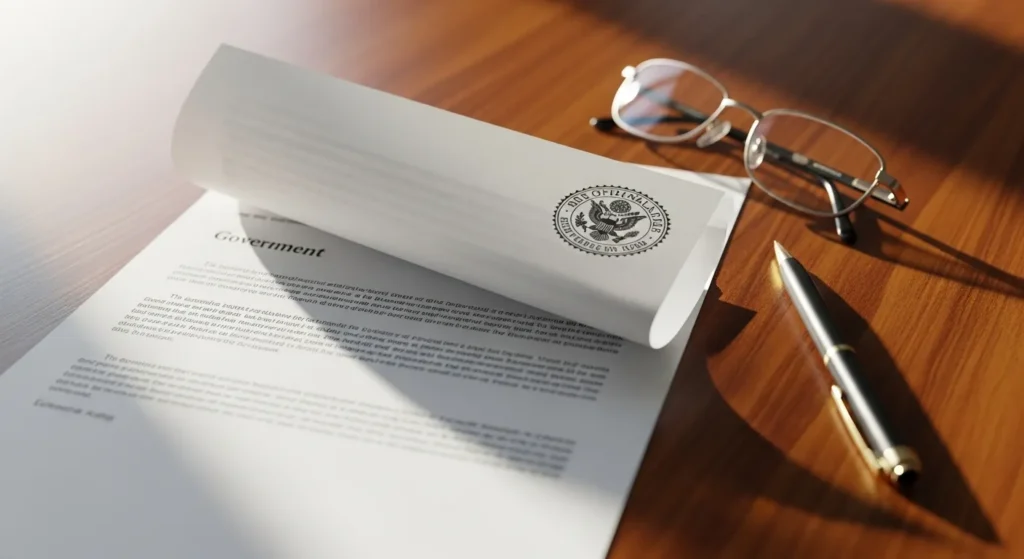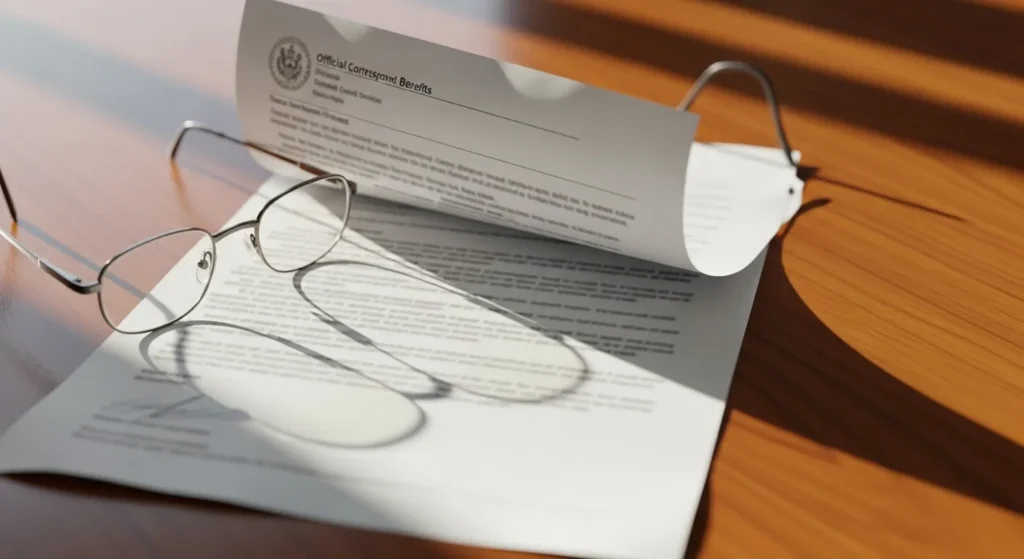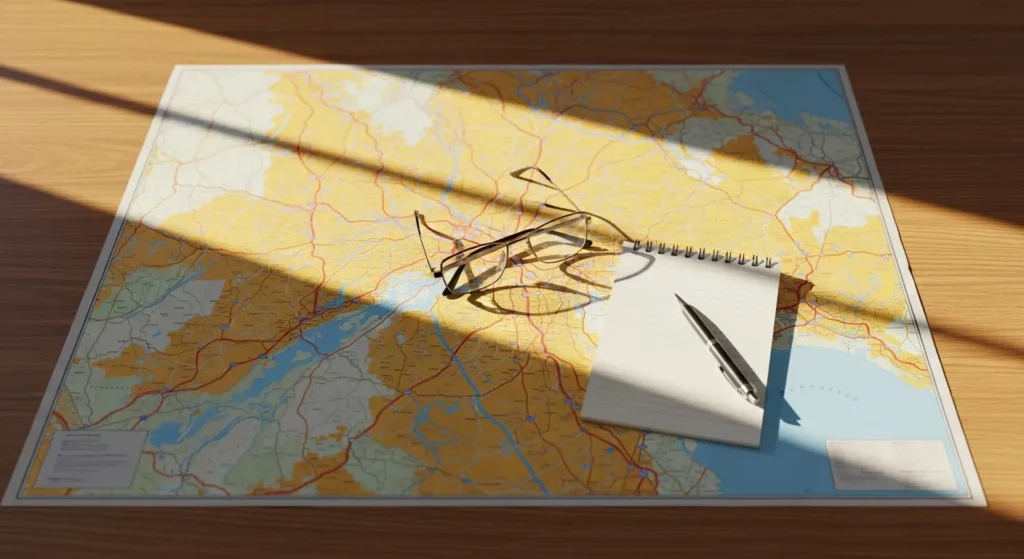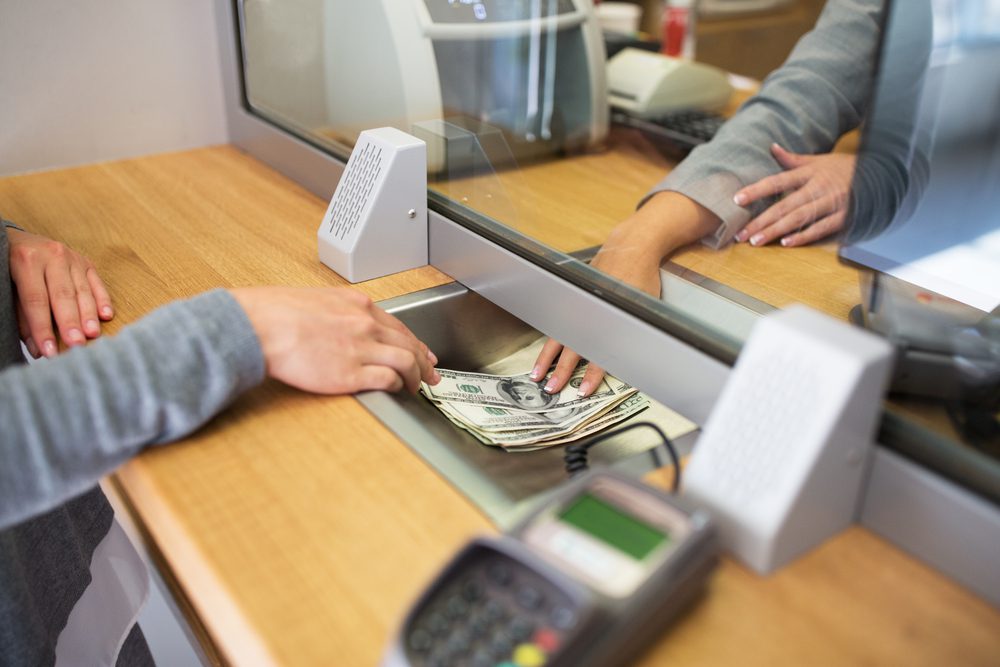
Do you really trust your bank? If you clicked on this article, then you might be one of the millions of Americans that don’t think banks have their best interests at heart, and we’re sorry to say that you are right. Though we do have to trust banks with our money that doesn’t mean that they’re not businesses.
And what do businesses do? Watch out for their bottom lines, plain and simple. A recent survey revealed that 57% of customers trust their financial institutions, but only 33% said they believe their banks will offer them unbiased advice. Considering how important banks are to our daily lives, that statistic is shockingly low.
Over the past couple of decades, banks have done a number of shady things that average consumers would find worrisome. Today, we decided to unravel some of the things these institutions have done that have helped shatter public trust in addition to outright lies that you should look out for.
Ready for some shocking news? Click next to find out more.
1. Online Banking Is Perfectly Safe
Online banking has become so popular over the last couple of years that finding a bank that doesn’t offer this type of service is almost impossible. Whether you’re accessing your account via an online portal or a mobile phone app, however, you should know that there is no such thing as 100% guaranteed safety.
Sure, banks have the funds to invest in the safety of these platforms, but even the seemingly best ones can be breached. In 2011, Citibank’s breach affected more than 360,000 credit card holders.
Now, we’re not saying you shouldn’t use online banking. For many, it’s an important way to stay up to date with all our accounts and a great place to manage them without going into your local branch. But taking precautions should be at the forefront of your thoughts. Having a secure username and password is the first step, make sure they’re different from any other login information on other websites.
Secondly, set alarms for when certain types of transactions take place sot that you’ll be notified immediately.
2. “To Upgrade You, We’ll Need to Open a New Account”
Perhaps you’ve wanted to upgrade your existing account. For example, if you want one that has lower monthly fees or a better interest rate, you could go to your local bank to request the change.
But what will the banker tell you 9 times out of 10? That in order to do so you’d have to close your existing account and open a new one. Most of us don’t question this because we assume this is simply how banks operate. Why? When they can easily make those changes, it doesn’t make sense to jump through all those hoops.
Here’s what’s really going on. That banker probably wants to meet a quota of new accounts. You can insist that you only want changes made to your existing account, but if they argue that it can’t be done, ask to speak to a manager instead to find out the truth.
3. Keeping a High Balance in Your Checking Account Is a Good Financial Practice
How often have you heard this piece of advice: it’s good to keep a high balance in your checking account. Well, a lot of people do so without questioning why and without asking themselves if this is beneficial for their finances. After all, it doesn’t sound like malicious advice, right?
Well, no, doing so won’t put you in harm’s way, but it certainly won’t help your finances. But it will help the bank! Because checking accounts pay little to no interest, it is in a bank’s best interest to convince you to keep your money there. By moving your money to a savings account, the bank will then have to pay more interest. Could you imagine what would happen if every single one of their customers did that?
What you should do instead is keep the bare minimum in your checking account. If you have a comprehensive budget, you’ll know exactly how much money you’ll need to spend in a particular month, meaning you can shove your remaining balance into a savings account. This will help you gain more interest in the long run.
4. Opening a New Credit Card Will Improve Your Credit Score
You’ve probably heard of your credit card utilization ratio. Opening a new card after you’ve maxed out your existing credit cards will reduce your ratio of debt to available credit. It might sound good, but you shouldn’t rush into making this move.
You’ll still lower your score (albeit not by much) if you add another credit inquiry to your report. You’ll go down by five points, but why take the hit? Remember, inquiries remain on your credit report for up to two years, so ask yourself if it’s really necessary.
Again, it is in your bank’s best interest to open a new credit card, so they’ll make it sound like this is the best thing you could do in order to improve your credit score but for some people, this may not be the case.
5. “I’m Here to Advise You”
When you think about bankers, do you consider them to be salespeople or advisors? Many people make the mistake of considering them advisors, but they forget that they are bank employees, and certain banks will push them to sell as many services and products as possible by paying commissions.
In worst-case scenarios, tellers and bankers alike might be fired if they do not meet certain quotas. So even though you might not need certain products or services, the people you speak to will be rewarded for selling them to you. If you’ve been advised to open a new account for seemingly no reason, this is exactly why.
So the next time you visit your local branch or a new bank, remember that what you hear may not be in your best interest. This isn’t to say that every employee will be out to get your money. However, it’s alright to be dubious and to pay attention to what you’re being sold.
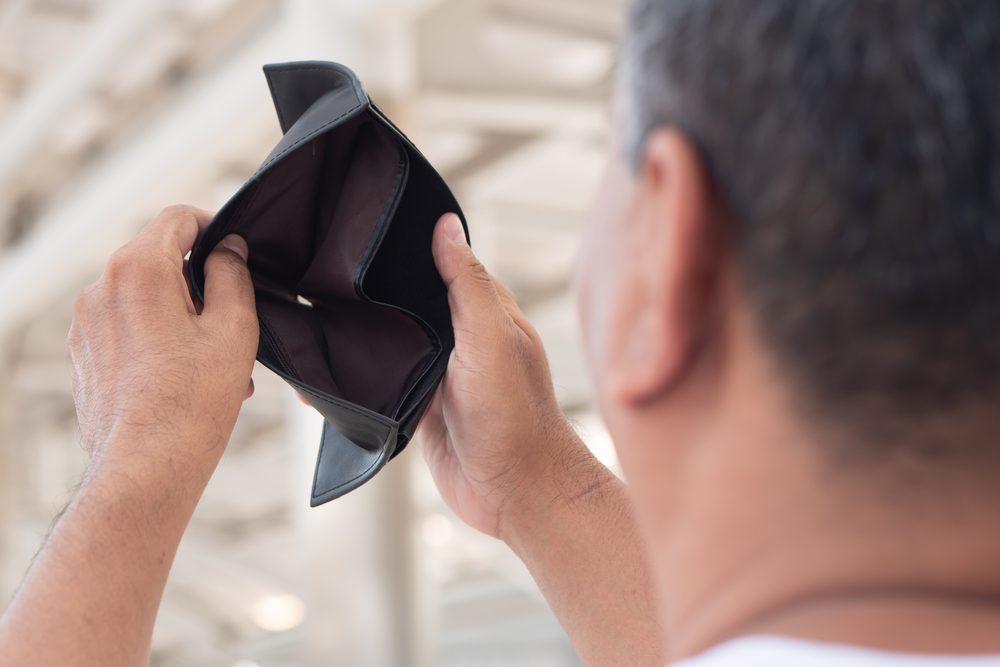
6. The Scandals Just Keep Piling Up
What normally happens after such tragic events is that the banks will put out a statement and apologize. They will always claim that they have learned from their mistakes, but let’s be real, these mistakes will keep happening and in some cases they’re only showing contrition because they got caught. So it’s best to keep an open mind and realize that no bank is perfect.
If you haven’t been affected by their previous mistake, don’t think the next ones won’t, so it’s always good to stay vigilant even though in most cases there is little that customers could do to avoid disasters.
Have you been affected by such scandals? Let us know what happened in the comments!
7. Free Accounts That Aren’t Actually Free
Let’s get one thing clear. There are no such things as free checking accounts. Because when something is truly free, it does not come with strings attached. Banks have never and will never offer their services for free, but they know they have to make their offer as pleasant-sounding as possible in order to gain more clients. After all, in the banking industry, the competition is fierce.
In most cases, opening a ‘free’ checking account will require you to keep a daily minimum balance of a certain amount, make a specific amount of debit card purchases each month, and establishing a certain amount in direct deposits to your account.
If you don’t follow these ‘guidelines’ then you’re going to have to pay up. In most cases, this checking account could turn out to be very pricey. So before you agree to open one, make sure that you won’t be paying more than you would normally, if you wouldn’t open a free account.
8. Deceptive Overdraft Protection Products
Lower-income individuals and households are consistently kept out of the banking system due to overdraft fees on debit purchases and ATM withdrawals, that’s just common sense. Yet these products are still relevant today- not just relevant, but they’re everywhere.
Oakland, a California-based California Reinvestment Coalition performed a study with the help of secret shoppers. What they found is that all the information regarding overdraft protection products was incorrect, unclear, and inconsistent.
That means that even when visiting different branches of the same bank, different employees could explain these products in vastly different ways, leaving you none the wiser and more than a little confused at the end of your visit.
9. Why Would You Reorder My Transactions? Oh, That’s Why…
Here’s an unethical thing you may not even realize your bank is doing. And though it is unethical, it’s also poorly regulated, which is why financial institutions across the U.S. get away with it Scott-free.
They will reorder your transactions so that instead of showing up chronologically, they’ll start from highest to lowest. They do this in order to charge more overdraft fees. Again, this issue is more rampant than you think.
Unsure if your bank does these sorts of practices? Well, a good place to start is to simply talk to them and find out. You might be shocked about what you could uncover.
10. “Yes, We’re a Family Business!”
Banks love to plaster their windows and walls with friendly, inspiring-looking posters. You’ll see small business owners and happy families all over them, which could give you warm and fuzzy feelings inside. What’s more, these posters could make you think that those banks act more like families than businesses.
But no matter how many times they claim that they’re family businesses and that they want to welcome you into their family, remember that banks nowadays are nothing like the banks of the 1900s. Back then they had to follow strict rules. Nowadays, they only follow profits, so they’re not in your corner unless they think you could make them huge amounts of money.
So, the next time a bank employee says they’re family and small0business oriented, take that with a whole tablespoon of salt.
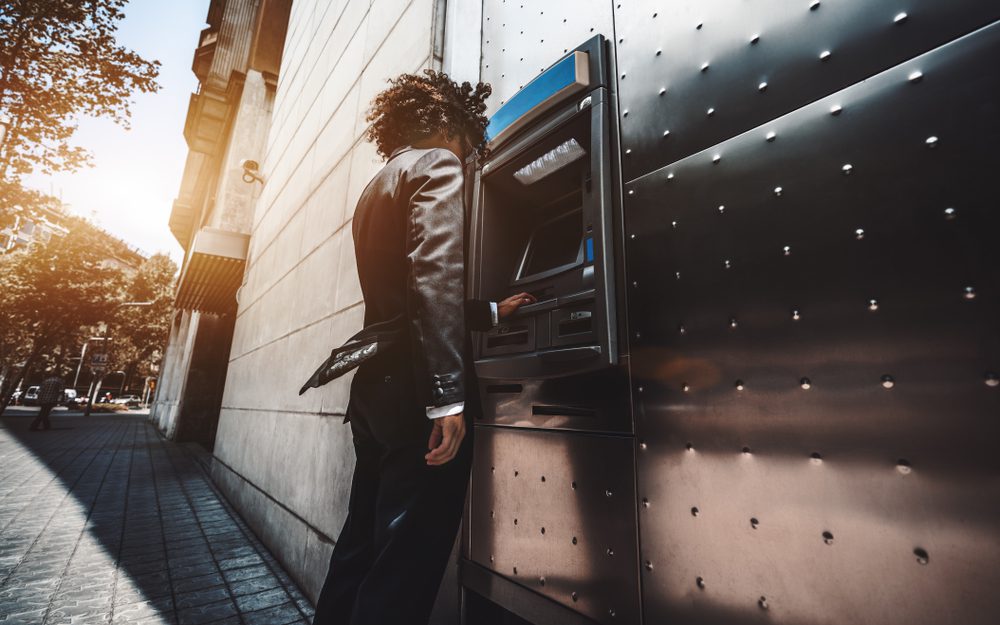
What Can You Do?
You may feel enraged after reading our article. Why aren’t there any laws protecting consumers from all these shady business practices? Where are the regulations? The consequences?
The thing is that there are, indeed, some regulations out there. But banks pay clever people insurmountable amounts of money to always stay ahead of the law. It is therefore your job to stay ahead of your bank. And the first step in doing so is to realize that they’re not your friends and you should always be open-minded and skeptical.
Again, don’t think that every bank employee will lie to you, but think twice before you agree to anything. There may be something in it for them if they don’t reveal the whole truth or leave you with more questions than straight answers.
The moment you stop trusting your bank blindly, you’ll be one step ahead!
What are some things that your bank has done to you that caused you to lose all your trust in them? Or what is something they did that made you feel appreciated? Comment down below with your stories!
Read also:


